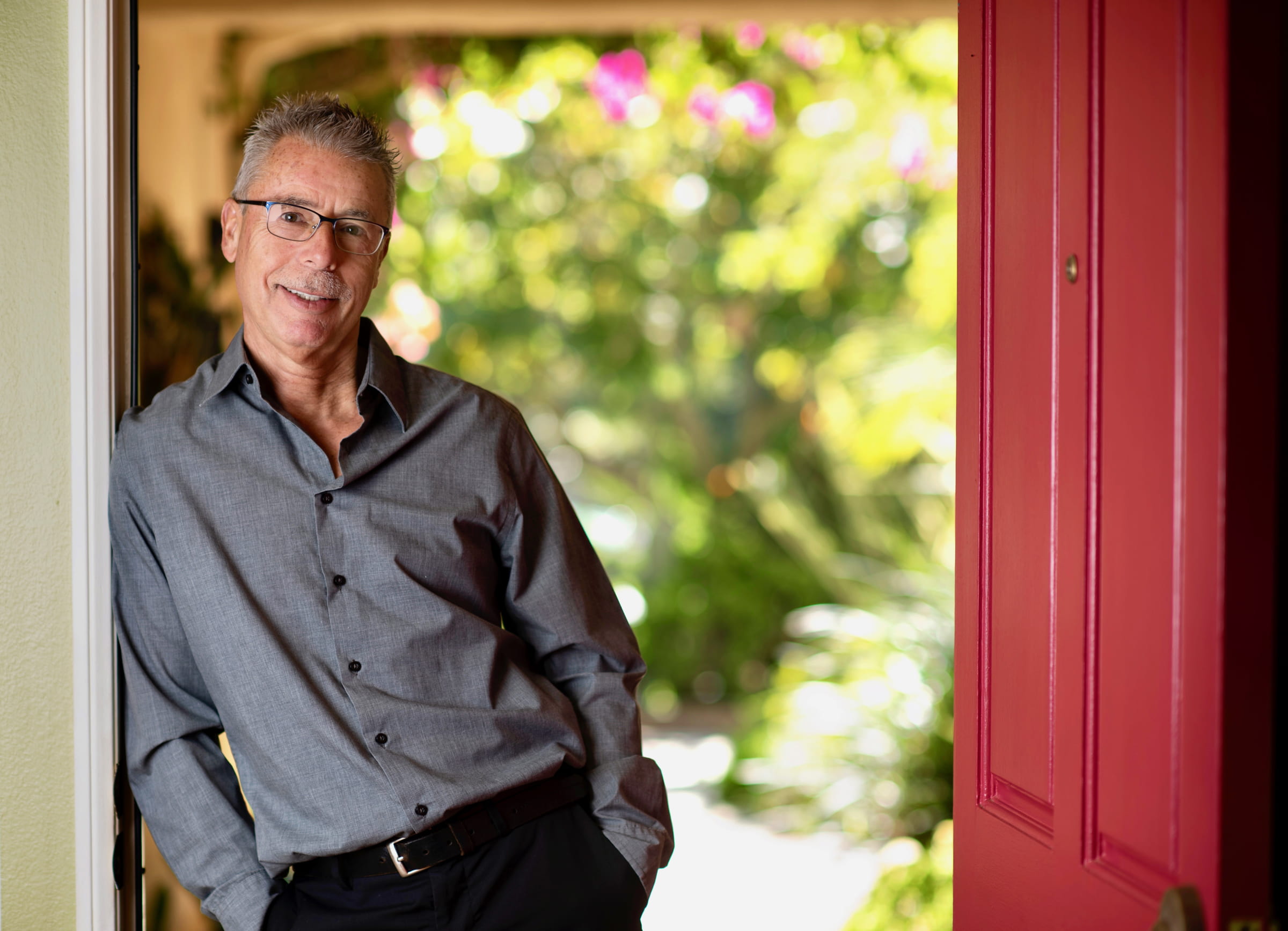Reconstructing Latin America's African past
UCI professor uses linguistics, DNA to help long-isolated Colombian community descended from escaped slaves find its roots

Thirty years ago, Armin Schwegler traveled to Colombia to visit the Palenque people, an ethnic group dating to the 18th century that speaks a unique, Spanish-based Creole language, Palenquero. The original members were runaway slaves who succeeded in becoming the first officially freed black slaves anywhere in the Americas. Living in virtual isolation for more than 300 years, the Palenqueros have managed to retain their native ancestral culture, much of which originated in sub-Saharan Africa.

Armin Schwegler
“To this day, they are phenotypically the darkest, most ‘African’ community in Latin America,” says Schwegler, a UCI professor of Spanish & Portuguese.
A common misconception is that the slave trade was essentially a North American phenomenon. Actually, Latin America received 96 percent of all African slaves. In the 17th century, Cartagena de Indias – in Colombia – was the region’s main slave market, and it was from this port city that the Palenqueros escaped to become maroons. Their official history was never written down, and until recently, their African origins were completely unknown.
Schwegler was the first linguist to live with the Palenqueros for extended periods of time, during which he learned to speak their language fluently. Noticing that it bore no similarity to Spanish, he decided to dig deeper to uncover their African roots.
Listening to group members utter traditional funeral chants in a trancelike state, he identified African ancestral jargon that even the Palenqueros did not understand. It referenced three specific sites in Africa, all of which had one language in common: Kikongo. Schwegler eventually wrote an 800-page book on the topic, suggesting that the forefathers of the Palenqueros resided in the Old Kongo region of western Central Africa.

Population geneticists tested this theory using DNA samples from Palenque and wide areas of Africa collected over the past 10 years.
As Schwegler relates in a 2017 TEDx talk, his origins hypothesis was confirmed by both genetic and linguistic evidence. This came as a surprise to some people; specialists had always assumed that African American communities such as Palenque would be a composite of many different ethnic groups from Africa. But, as it turns out, Palenqueros originally came from a small Congolese area known as Mayombe, where the Kikongo language is spoken to this day.
“Just a couple of decades ago, no one thought that we could one day resolve Palenque’s origins puzzle with such precision,” Schwegler marvels. “They now once again own their history and tell their children with enormous pride how they came to be, how their ancestors managed to escape slavery, and how a culture of resistance has given them the freedom and recognition they enjoy today.”


